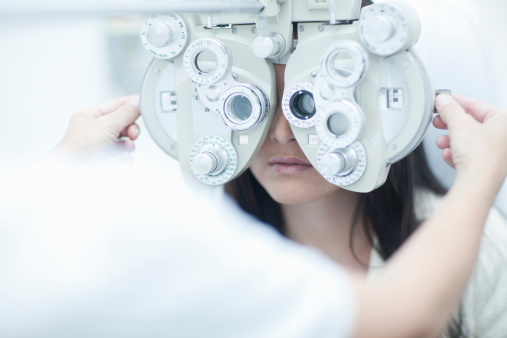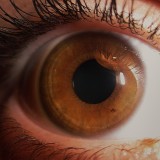Could an Eye Exam Detect Alzheimer’s Disease?
If you’ve ever had a loved one suffer from Alzheimer’s disease, you know that early diagnosis can play an important role in treatment and preparation. So, what if your optometrist could tell you at your next eye exam whether or not you may be showing signs of the disease? What if, with minimal additional effort you could have an “Alzheimer’s check” at your annual eye exam?
Well, that’s what scientists are currently working on. And, some of their latest findings are giving great hope that simple, regular eye tests could play a key role in the detection of the disease in the future.
Recent trials experimented with two different techniques to identify a key biomarker for the disease. In these tests, researchers looked for a key biomarker in the retina and lens of the eye. The results were very promising. The methods used in the experiment worked with a high level of accuracy, as scientists were able to distinguish between volunteers who were healthy and those who likely had the disease.
What were the scientists looking for exactly? They are searching for signs of a beta-amyloid protein that clumps in the brains of those who have Alzheimer’s. Using an ingredient in turmeric spice, curcumin, researchers in Australia were able to tag these clumps to they would show up in the retina.
Costly and invasive procedures that do brain scans and spinal fluid analysis are routinely the only option a person has for confirming the presence of Alzheimer’s disease. As you can imagine, many people suffering from the early stages of the disease are probably not equipped or willing to go through these difficult and expensive procedures to get a diagnosis. But, this new, simple detection method could act as a universal precursor to these other procedures and be a “game changer” for early detection according to researchers.
According to experts, early detection could change the future of those facing the disease as most patients who are diagnosed with Alzheimer’s are too far progressed with the disease in order to receive treatment that is effective. Apparently, there is a point at which a patient knows he or she has the disease but has too much damage already done to the brain in order for treatment to offer any help.
Researchers note that the sample sizes on these studies were small and that their work is still in very early stages, but they are encouraged by the results.
















